Sergei L. Loiko has covered wars, crises and daily life in Russia and the former Soviet states for the Los Angeles Times since 1991.
*all opinions expressed are those of the original author and do not necessarily reflect the opinions or stance of Nagorno Karabakh Observer.
STEPANAKERT, Azerbaijan — They were promised a $5,000 salary plus $100 spending money per month and an apartment anywhere they wanted in the former Soviet Union. Now, they sleep together on one narrow metal bed, huddled head to foot under a ratty blanket in a cold, gray stone-walled cell, facing possible death by firing squad.
Maj. Anatoly G. Chistyakov, 38, and Capt. Yuri V. Bilichenko, 27. Two jet pilots. Two aces of the once legendary, mighty Soviet air force. Now two mercenaries in captivity.
“If the Soviet Union hadn’t broken up, I don’t think I would ever have ended up bombing the territory of my own former country and being shot down by one of my own former comrades-in-arms,” said Chistyakov, a former squadron deputy commander stationed in Latvia.
The two pilots’ tale reflects the desperation among many former Soviet officers as they struggle to adjust to the collapse of their country and decline of their army. Hundreds, possibly thousands, have decided the only way out for them is to take up arms for dollars and fight in battles not their own.
“Anatoly is an ace pilot,” Chistyakov’s former commander, now at a Moscow military academy, said. “He doesn’t know how to do anything else. And who do you think shot him down? A village farmer? No, another Russian officer. This is the worst thing that could have happened. Russian officers are beginning to kill Russian officers for American dollars.”
Last August, when Chistyakov retired after 20 years of service and 2,100 flight hours, he was approached by a fellow officer, an Azerbaijani. The officer suggested that a pilot of Chistyakov’s record could make a fortune flying combat missions for the budding Azerbaijani air force in the war against Armenians for control of Nagorno-Karabakh, a mountainous enclave claimed by both countries.
The few thousand dollars he would be paid sounded like salvation. The unit in which Chistyakov served was being disbanded and the comfortable apartment in the garrison village where he lived with his wife and two teen-age sons was to be taken away by Latvian authorities.
“I had no choice: either to doom my family to poverty some place in Russia without a proper job and a home or to accept the risky offer,” he recalled.
The Azerbaijani Defense Ministry sent Chistyakov to the Kyurdamir air base. He was to fly a MIG-25 and drop bombs on Armenian fighters in Nagorno-Karabakh. The squadron he was assigned to had three MIG-25s, a MIG-21 and a Sukhoi 24, a generous legacy from the Soviet Union. All six fliers were Russian and Ukrainian mercenaries of different ages and ranks from a senior lieutenant to a major.
Chistyakov made about 30 combat flights and earned $10,000 before the bright, cold January day when his jet was shot down over a Nagorno-Karabakh village. He ejected, landed, freed himself from his parachute and ran from pursuing Armenian fighters toward the woods, but came to a wire fence.
“I crouched under it,” he said. “My heart was pounding in my mouth. I took out my 9-millimetre TT automatic (pistol), hearing shouts all around me. They were near. They were looking for me. As I looked down at the gun, a stabbing thought crossed my mind like lightning. Tolya, I said to myself, you have done everything wrong in your life. You chose the wrong job. All your decisions were wrong. You are a miserable failure. I closed my eyes and . . . saw the faces of my sons, whom I hadn’t seen over a month now. Where are they? I dropped the gun in the snow, stood up, raised my hands above my head and walked out on the road.”
Bilichenko had even worse luck. He was shot down last August on his second combat mission. When he landed by parachute in the arms of waiting Armenians, they found $2,000, 50,000 rubles and an airline ticket back to Ukraine on him. He had been planning to visit home that night to see his mother, wife and baby daughter. Bilichenko is unaware that his mother has since died.
Both men denied knowing they had bombed the Karabakh capital of Stepanakert, in which hundreds of Armenian civilians have been killed and maimed in air raids.
“The Azerbaijanis were good at their propaganda,” Chistyakov said. “They convinced me there were no civilians left in the area. I was ordered to bomb only soldiers and hardware.”
Yet the Armenian investigation determined that both hit civilian targets. They may be sentenced to death or life in prison. “I would prefer to be shot,” Chistyakov said. “The convicts will torture and humiliate me until I die.”
Bilichenko said he hopes the two will be exchanged for the five Russian soldiers recently condemned to death and one officer sentenced to prison in Azerbaijan for fighting on the Armenian side.
No one can say exactly how many former Soviet officers are serving as mercenaries in hot spots around the former empire and in the Balkans, but Chistyakov is convinced of one thing: They differ from their Western counterparts in motivation.
“We were driven to this job by our material predicament,” he said. “None of those whom I met were planning to make it a permanent affair. I wanted to quit immediately after I raised enough money.”
The two men also confess, however, that their combat missions gave them pleasure verging on joy.
As a lone flier, Bilichenko said, “I no longer felt like a sheep in a big, gray flock. I was free. I was doing whatever I wanted with my MIG-25. My heart sang when I sent her into a dive.”
But if they are ever let free, they say, they will never take up arms as mercenaries again. Chistyakov covers his head with his hands and sighs. “When I was captured,” he said, “I realised that I am not even a POW. They could shoot me there and then. And no one would protest. And that is fair.”
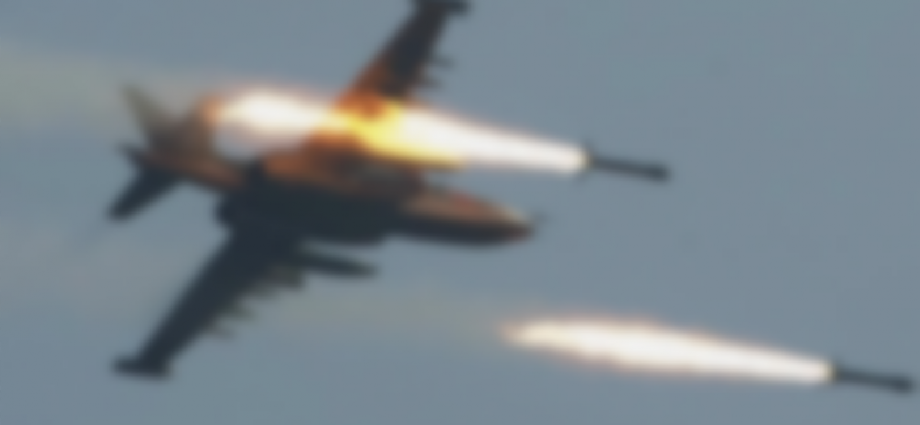
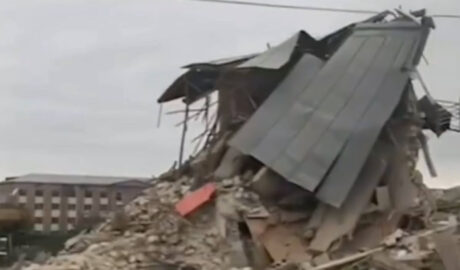
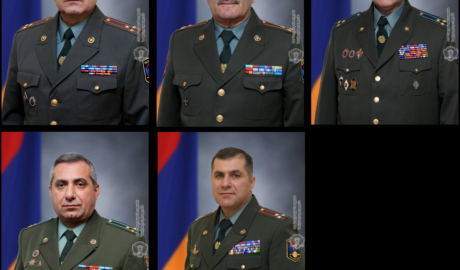
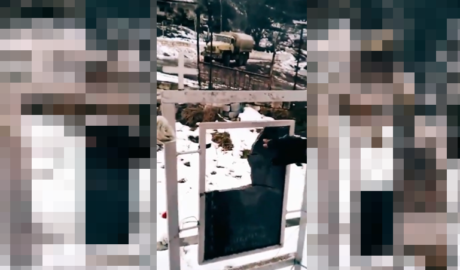
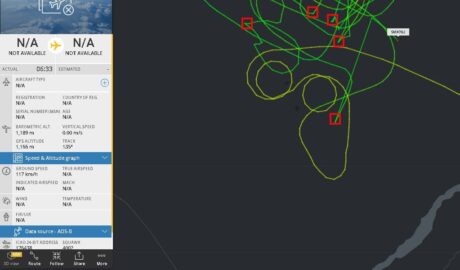
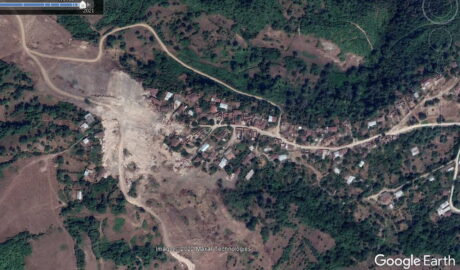
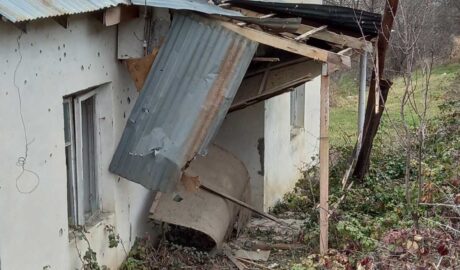
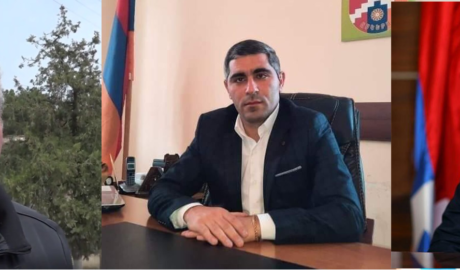
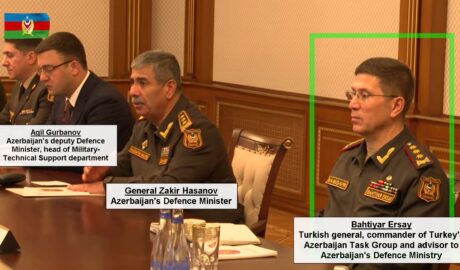
Comments are closed, but trackbacks and pingbacks are open.